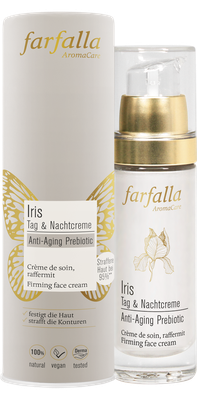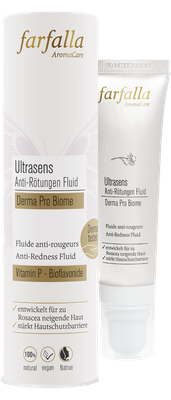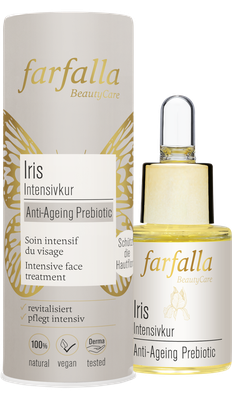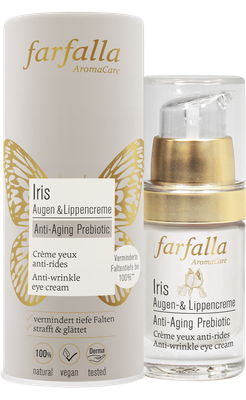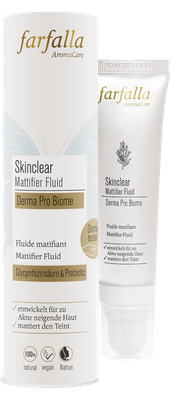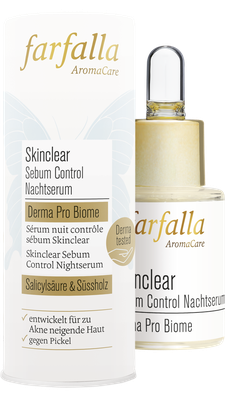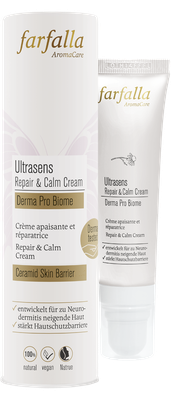The skin microbiome
Did you know that your skin is home to a living community of microorganisms? The skin microbiome, also known as skin flora, is an absolutely fascinating ecosystem - it consists of countless bacteria, viruses and fungi that colonise our skin. It is a complex network that is of enormous importance for our skin's immune system. It is important to protect these co-inhabitants - for our well-being and for our skin health.
Billions of inhabitants
The skin harbours an impressive number of friendly microorganisms. It is estimated that several billion bacteria, viruses, fungi and other microbes live on our skin. These make up the skin microbiome, which plays a crucial role in maintaining skin health and the skin's immune system.
As individual as a fingerprint:
Similar to a fingerprint, our skin microbiome is extremely individual. Each person has a unique microbiome that is shaped by factors such as genetics, environment and lifestyle. This diversity of microorganisms helps to ensure that our immune system is prepared for the wide range of daily challenges we face.
Protective shield of the skin
Our skin microbiome forms a natural barrier against harmful microorganisms that could cause disease. By densely colonising the entire surface of the skin, beneficial microbes displace potentially dangerous pathogens and thus support the health of our skin.
Interaction with the immune defence
Our skin microbiome actively interacts with the immune system. It helps to attract and stimulate immune cells to fight infections. A balanced microbiome composition helps to regulate inflammation and maintain balance on the skin - it is the best defence against skin diseases. Protective shield of the skin
Our skin microbiome forms a natural barrier against harmful microorganisms that could cause disease. Due to the dense colonisation of the entire skin surface, beneficial microbes displace potentially dangerous pathogens and thus support the health of our skin.
Interaction with the immune defence
Our skin microbiome actively interacts with the immune system. It helps to attract and stimulate immune cells to fight infections. A balanced microbiome composition helps to regulate inflammation and maintain balance on the skin - it is the best defence against skin diseases.
Protecting the microbiome
Research suggests that the skin microbiome has a significant impact on skin disease. Imbalances in the microbiome can be linked to conditions such as acne, atopic dermatitis, eczema and psoriasis. Understanding these connections makes it clear that proper skincare needs to support our microbiome first and foremost.
A skincare routine that protects and even supports our skin microbiome consists of particularly mild and natural products that do not represent foreign bodies for the skin's microorganisms, but can be metabolised and integrated by them. Products with strong synthetic preservatives or aggressive surfactants should therefore be avoided. Care products with prebiotics (sugar molecules such as inulin or peptides or small proteins) supply our skin microbiome with nutrients and promote its development and balance.
Facial care with prebiotics
